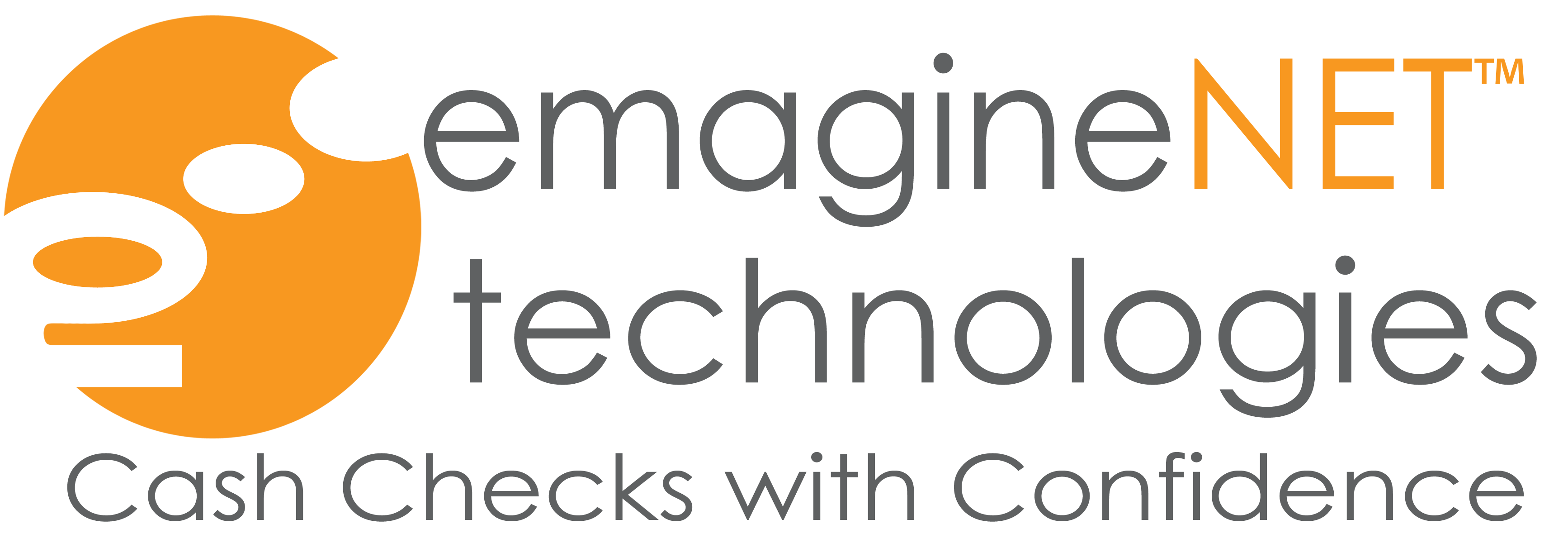The landscape of Money Services Businesses (MSBs), including check cashers, is continually evolving in the United States. Recent regulatory updates and industry shifts have significant implications for businesses and consumers alike. Here’s a detailed look at the latest developments and what they mean for you.
Regulatory Changes and Compliance
The Financial Crimes Enforcement Network (FinCEN) has been active in updating compliance requirements for MSBs. In the wake of increasing concerns about money laundering and terrorist financing, FinCEN has introduced stricter guidelines for MSBs, emphasizing the need for enhanced due diligence and reporting practices.
Key Changes:
- Enhanced Due Diligence: MSBs are now required to implement more rigorous customer verification processes. This includes verifying the identity of individuals and entities conducting transactions over a certain threshold and maintaining detailed records.
- Reporting Suspicious Activities: There is a greater emphasis on reporting suspicious activities. MSBs must file Suspicious Activity Reports (SARs) for any transaction that appears irregular or indicative of illegal activity.
- Anti-Money Laundering Programs: MSBs must develop and implement comprehensive Anti-Money Laundering (AML) programs. These programs should include employee training, internal controls, and independent audits to ensure compliance with AML regulations.
Technological Advancements
The MSB industry is also witnessing significant technological advancements aimed at improving operational efficiency and customer experience.
Notable Innovations:
- Digital Platforms: Many MSBs are investing in digital platforms that allow customers to cash checks, transfer money, and pay bills online. This shift towards digital services is driven by the need to offer more convenience and cater to a tech-savvy customer base.
- Blockchain Technology: Some MSBs are exploring blockchain technology to enhance transparency and security in transactions. Blockchain can provide a secure, tamper-proof ledger, making it easier to track and verify transactions.
- Mobile Apps: Mobile applications are becoming increasingly popular among MSBs. These apps provide customers with easy access to services, real-time transaction monitoring, and instant notifications, significantly improving the user experience.
Industry Trends
Several trends are shaping the MSB industry, influenced by regulatory changes, technological advancements, and consumer preferences.
Current Trends:
- Increased Scrutiny: With regulatory bodies like FinCEN tightening oversight, MSBs are under increased scrutiny. Compliance has become a top priority, with businesses investing heavily in compliance programs and technologies.
- Consolidation: The industry is seeing a trend towards consolidation. Smaller MSBs are merging with or being acquired by larger entities to leverage economies of scale and better manage compliance costs.
- Focus on Financial Inclusion: There is a growing emphasis on financial inclusion. MSBs are expanding their services to underserved communities, offering affordable and accessible financial services to individuals who might not have access to traditional banking.
Implications for Consumers
For consumers, these changes mean improved services and increased security. However, they also need to be aware of the evolving landscape to make informed decisions.
Consumer Tips:
- Verify MSB Credentials: Ensure that the MSB you are dealing with is registered and compliant with FinCEN regulations. Look for signs of transparency and accountability.
- Embrace Digital Services: Take advantage of digital platforms and mobile apps for convenience and real-time transaction monitoring.
- Stay Informed: Keep abreast of regulatory changes and industry trends that might affect the services you use.
Conclusion
The MSB check cashing industry in the United States is undergoing significant changes driven by regulatory updates, technological advancements, and evolving consumer needs. These developments are aimed at enhancing security, improving customer experience, and promoting financial inclusion. Staying informed about these changes is crucial for both MSBs and consumers to navigate this dynamic landscape effectively.
By understanding the latest updates and trends, MSBs can better align their operations with regulatory requirements, and consumers can make more informed choices about their financial transactions.


